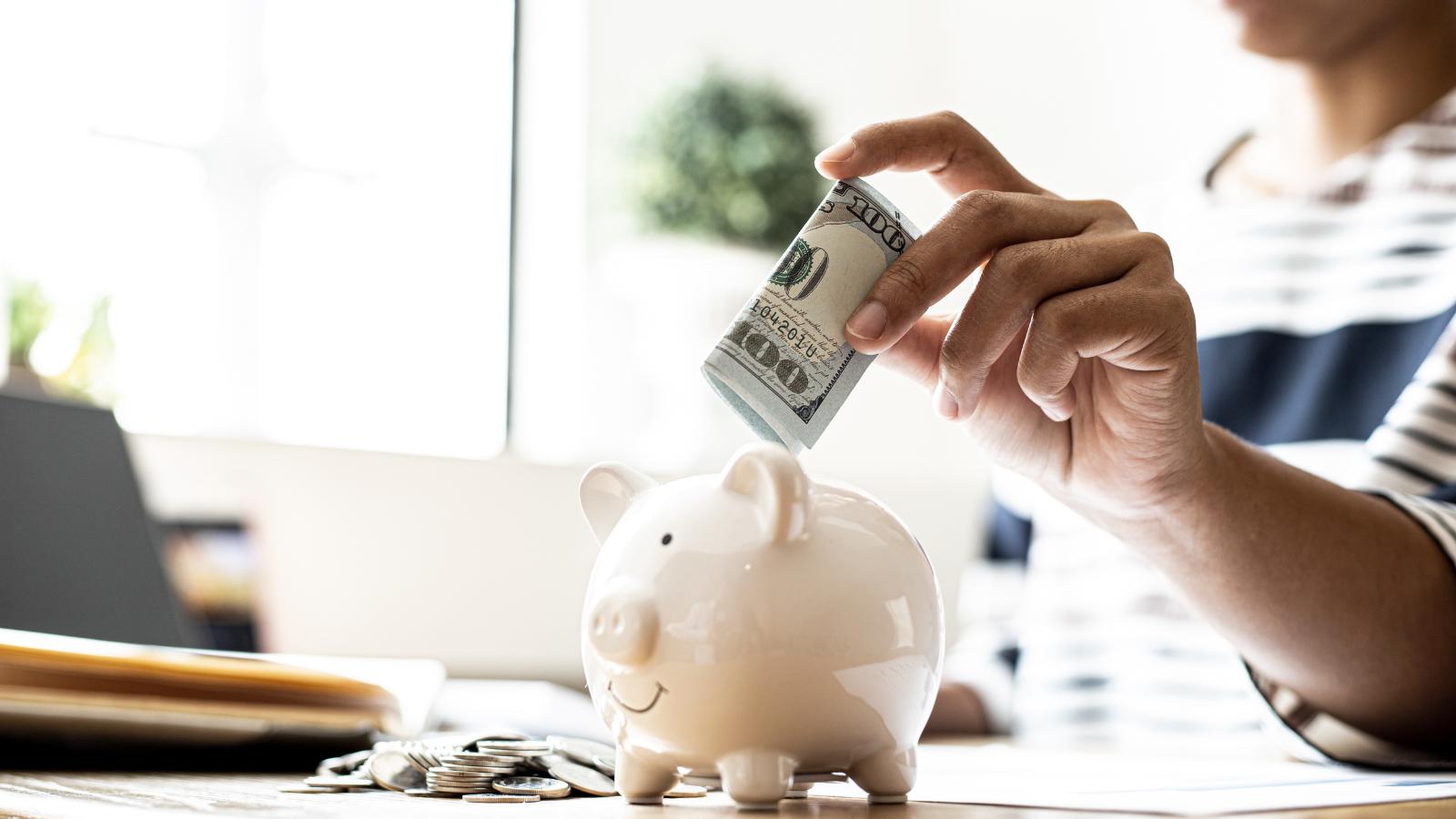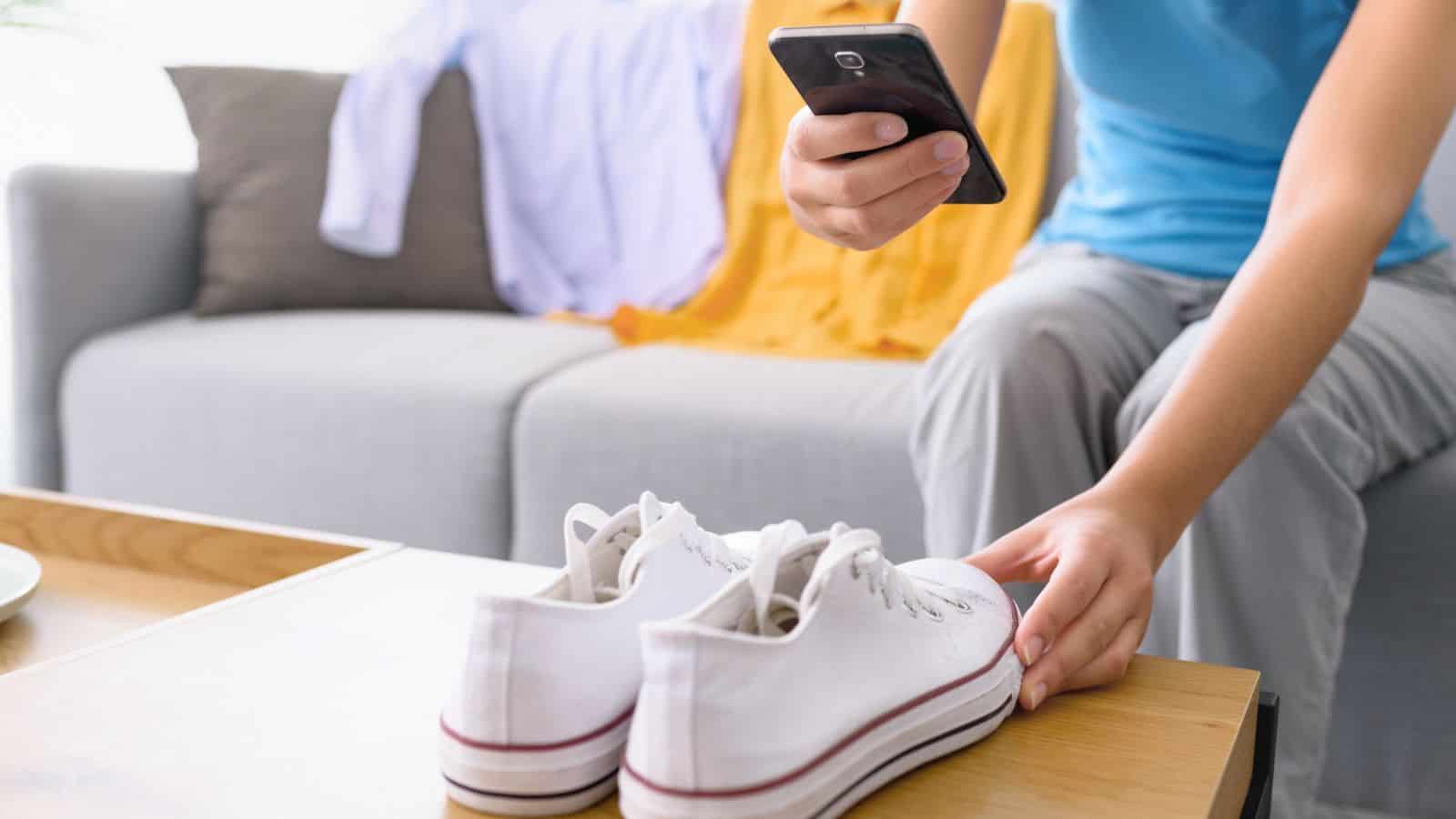Being broke is a challenge that most people have encountered at least once in their lives, and it can be difficult to get real advice on how to avoid it. However, in this post, we’ve compiled 20 of the easiest ways to save money when you find yourself without money.
Cut Down On Non-Essentials

When your budget is tight, one of the easiest ways to save money is to cut down on non-essential items until you can comfortably afford them. Prioritize essential items like food, water, and electricity, then save what you’ve got left over in case of any emergencies.
Track Your Budget

The easiest way to keep track of your money is to create a budget and constantly refer back to it. Fill in all your essentials and what they cost, then budget against how much money you have until you next get paid. Identify anything you can cut out of your budget to save more money.
Shop Second-hand

If you need to pick up some items and want to do so at a low cost, try shopping at second-hand stores. You can get great deals on good-quality used clothes, furniture, and other household items, which will help you save money while also fulfilling your needs.
Create a Meal Plan

Planning your meals will help you save money on groceries. Know exactly what you need for each meal, then make a shopping list. You’ll find that you can swap out some name-brand items for cheaper store-brand alternatives, as well as be able to cut out unnecessary foods that you buy but don’t eat.
Open a New Savings Account

A savings account is a great way to keep an eye on your money. You may already have one, but opening another savings account gives you somewhere to tuck money away for a rainy day. Even if you just deposit a few dollars each day, you’ve got some emergency funds to fall back on.
Cut Down Subscriptions

Nowadays, almost everything requires a paid subscription: streaming services, magazines, and music. If you add all these up, it quickly amounts to quite a bit of money, which will eat into your monthly budget. Try to cut down on subscriptions where you can and put those monthly savings aside instead.
Collect Coupons and Codes

Coupons are an easy way to get good deals on food and other essential items, leaving you with more spare money after you shop. You can get coupons for store reward programs, as well as digital coupon codes, thanks to apps like Honey. You can also get coupon codes online by signing up for newsletters from websites.
Take Shorter Showers

Water can easily push you over your monthly budget, so be careful with your usage. Taking shorter showers is the simplest way to cut down on your water usage, especially if you use cooler water, too. Low-flow showerheads will also help reduce your water use per shower.
Unplug Your Appliances

It’s an easy habit to fall into, but leaving your electricals plugged in when you aren’t using them is essentially throwing money away. Appliances that are on standby mode still drain electricity, which costs you money. Switching them off at the plug can save you money that you can spend elsewhere.
Pick Up a Side Hustle

Picking up a side hustle is an easy way to bring in extra money when you’re struggling. Try to find a local group on social media where you can offer your services as a dog walker, tutor, or babysitter. You could also capitalize on a skill you have and start freelancing alongside your full-time job.
Prioritize Paying Debts

Paying off debts can take large amounts of money out of your tight budget, but if you’re already broke, you don’t want them to keep mounting up with higher interest. If possible, put aside the money that you need to settle any outstanding debts before they overwhelm you.
Minimize Credit Card Use

Credit cards are risky because they seem like ‘free money,’ but if you spend too much on them, you’ll be hit with a massive bill at the end of the month. Not only will you then need to find the money to pay it off, but if you can’t, you’ll ruin your credit score, which impacts any future large purchases.
Set Goals to Meet

Having set targets to meet will help you to utilize your budget more efficiently. Make your goals realistic things, like putting two dollars per day into your savings account so you can keep up with them. The more you save, the better off you’ll be when expenses pop up.
Designate ‘No Spend’ Days

No spend days are exactly what they sound like: days where you deliberately don’t spend any money. You could designate one day a week, such as ‘No Spend Saturday,’ and instead calculate how much you’ve saved as a result. Make sure you’ve covered your essentials so you aren’t missing out on your no spend days.
Bulk Buy

Sometimes, buying non-perishable goods in bulk can be cheaper than buying them individually each week. However, only buy things in bulk that you’ll definitely use or consume; otherwise, you’ll just be spending more at once for no reason. Canned foods, for instance, are easy to buy and store in bulk because they last.
Make Meals at Home

Buying lunches out while you’re at work and ordering takeout deliveries for dinner gets pricey quickly, so it’s best to make meals at home when you’re broke. You can get plenty of meals out of one loaf of bread, one bag of rice, or one bag of potatoes, so cooking at home helps the ingredients you buy go further.
Enjoy Free Days Out

Going out can mean spending a lot of money, but having a tighter budget doesn’t mean you have to miss out. There are plenty of free places where you can get out and socialize, such as parks, museums, galleries, and malls. That way, you can maintain a social life without dropping hundreds of dollars every time you go out.
Shop Around For Different Suppliers

While there are benefits to staying loyal to your current suppliers, it’s always a good idea to shop around in case there are better deals out there. If other companies are offering cheaper rates for things like electricity and water, calculate how much you’ll save per month and then consider making the switch.
Sell Things You Don’t Need

Nowadays, you can sell pretty much anything online, so you should take advantage if you want to make some extra money. You can make a decent side income selling second-hand clothes, appliances, books, and furniture, so long as they’re in good condition. This money can then be spent on essentials.
More From Planning To Organize

18 Common Behaviors That Will Make People Lose Respect for You
